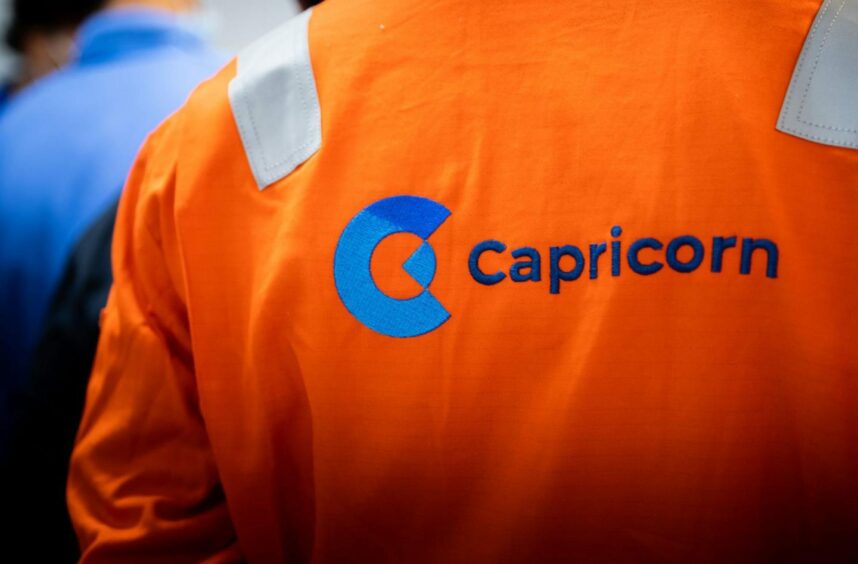
Amid mounting opposition from some investors to its proposed merger with Tullow Oil, Capricorn Energy is “assessing all options to maximise value for shareholders”.
Speaking on a conference call on Capricorn’s first half results, CEO Simon Thomson said it continued to believe the merger would provide value for shareholders. However, there are alternatives.
“The company is exploring a number of expressions of interest relating to alternative transactions and is engaging with those parties expressing interest to evaluate potential outcomes,” Thomson said.
A number of shareholders have come out against the deal, including Palliser Capital. Capricorn requires approval from 75% of its shareholders to move its plan ahead – and it may not have sufficient support.
Thomson said the company was limited in terms of what it could disclose but that Capricorn was looking at alternative transactions. The company is “looking to create the best value for shareholders, that is the focus. We listen to the views of all shareholders and we take that into consideration.”
The merger with Tullow is expected to go to a shareholder vote in October or November. Assuming this is positive, it would then be approved by a court – with completion targeted before the end of the year.
Capricorn in its results statement said the implied value of the merger with Tullow is less than Capricorn’s current net asset value.
Egypt issues
While much of the focus is on the company’s planned merger with Tullow, Capricorn has faced some challenges in Egypt. The company bought into the North African state via a deal with Shell.
Capricorn received $50 million for its production in the first half from Egyptian General Petroleum Corp. (EGPC). The company has receivables of $114mn, CFO James Smith said, and $61mn are due.
Egypt struggled to pay its bills to producers in the past. This led to a debt build up and resultant investor unease.
Furthermore, Capricorn’s production in Egypt has fallen short of expectations. It produced 35,500 barrels of oil equivalent per day. It is guiding full year production to be 33,000-36,000 boepd. Previously, it had set the target of reaching 37,000-43,000 boepd this year.
The company has focused on oil production, as prices have risen. Capricorn sells its gas production to EGPC for a fixed tariff. As a result, oil production rose 6% while gas was down 7%.
The Scottish company did not drill as many wells as it intended in the first half, reaching only 14, rather than the 20 it targeted. It set out plans in 2021 to have five rigs in action, but the fourth and fifth of these encountered delays. Those rigs should be operating on wells this quarter, which would allow Capricorn to begin scaling up production.
Despite the challenges, exploration director Eric Hathon said the company was continuing to look for opportunities in Africa and the East Mediterranean.
